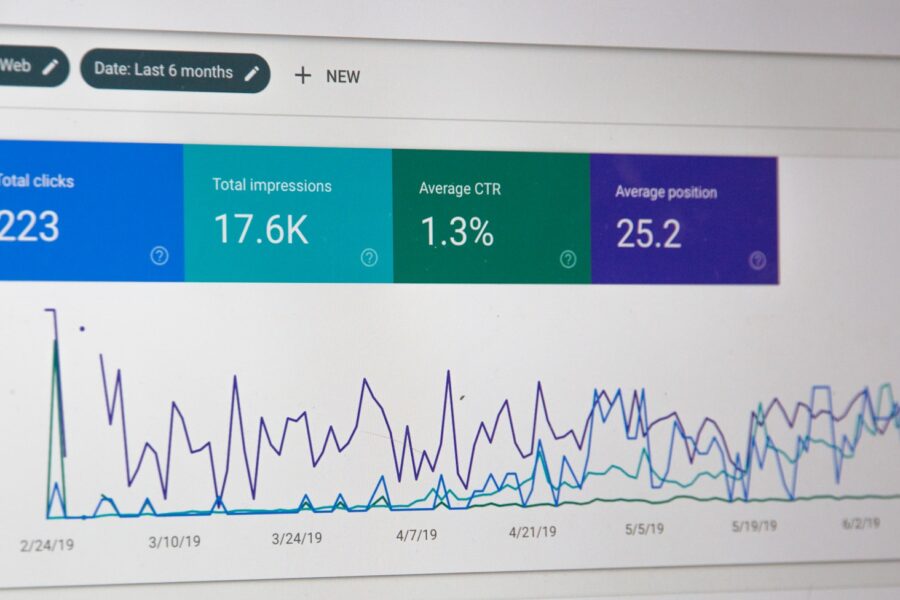
In the digital age, having a strong online presence is crucial for small businesses. However, with millions of websites competing for attention, getting noticed can be challenging. This is where effective SEO (Search Engine Optimization) strategies come into play. SEO helps improve your website’s visibility in search engine results, driving more organic traffic to your site. Let’s explore some of the best SEO strategies that can help your small business thrive online.
Understanding SEO
SEO is the process of optimizing your website to rank higher in search engine results pages (SERPs). This involves various techniques and practices designed to improve your site’s visibility, making it easier for potential customers to find you when they search for relevant keywords.
Key SEO Strategies for Small Businesses
Keyword Research:
- Why It Matters: Keywords are the terms and phrases that people type into search engines. Identifying the right keywords for your business is the foundation of effective SEO.
- How to Do It: Use tools like Google Keyword Planner, SEMrush, or Ahrefs to find keywords relevant to your business. Look for keywords with a good balance of search volume and competition.
On-Page Optimization:
- Why It Matters: On-page SEO involves optimizing individual pages on your website to rank higher and earn more relevant traffic.
- How to Do It: Ensure that your target keywords are included in key areas of your pages, such as the title tag, meta description, headers, and content. Additionally, optimize your images by using descriptive file names and alt text.
Quality Content Creation:
- Why It Matters: Content is king in the world of SEO. High-quality, relevant content attracts visitors and encourages them to stay on your site longer, reducing bounce rates.
- How to Do It: Create informative and engaging content that addresses the needs and interests of your target audience. This can include blog posts, how-to guides, infographics, and videos. Regularly updating your content keeps your site fresh and relevant.
Technical SEO:
- Why It Matters: Technical SEO involves optimizing the backend of your website to improve its performance and user experience.
- How to Do It: Ensure your website is mobile-friendly, has a fast loading speed, and is easy to navigate. Use tools like Google PageSpeed Insights to identify and fix any technical issues.
Local SEO:
- Why It Matters: For small businesses, local SEO is crucial for attracting customers in your area.
- How to Do It: Optimize your Google My Business profile, include local keywords in your content, and build local citations by listing your business in online directories like Yelp and Yellow Pages.
Link Building:
- Why It Matters: Backlinks from reputable websites signal to search engines that your site is trustworthy and authoritative.
- How to Do It: Engage in guest blogging, create shareable content, and reach out to influencers and industry leaders for collaborations. Ensure that your backlinks come from high-quality, relevant websites.
Monitoring and Adjusting Your SEO Strategy
SEO is not a one-time task; it’s an ongoing process. Regularly monitor your website’s performance using tools like Google Analytics and Search Console. Track key metrics such as organic traffic, bounce rate, and conversion rate. Adjust your strategies based on the data to continually improve your SEO efforts.
Take Your SEO to the Next Level
Implementing these SEO strategies can significantly improve your small business’s online visibility and drive more organic traffic to your site. Remember, SEO takes time and effort, but the long-term benefits are well worth it.
Ready to boost your online presence with effective SEO? Contact MarkBox Studios today, and let’s create a customized SEO strategy that helps your business thrive.

